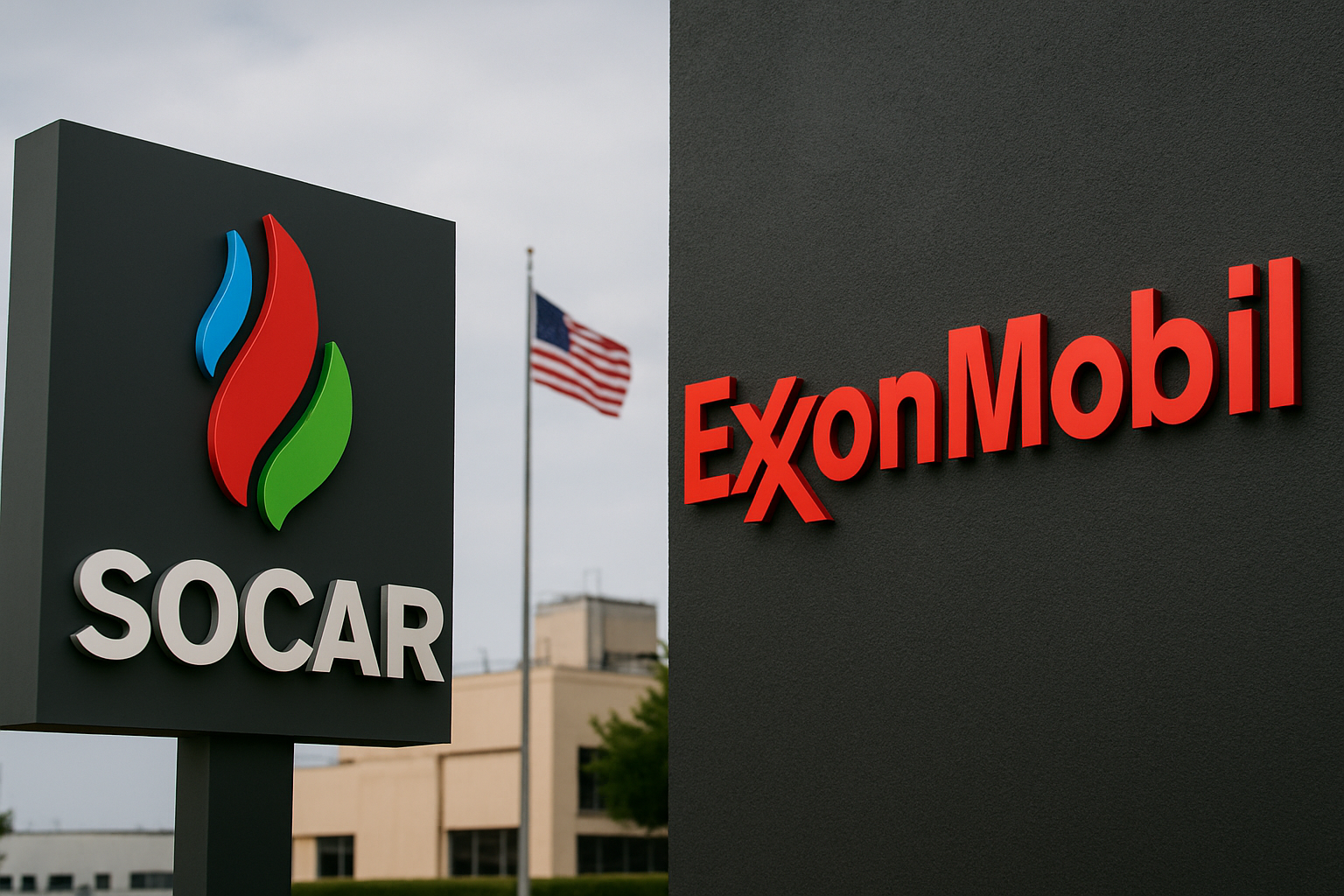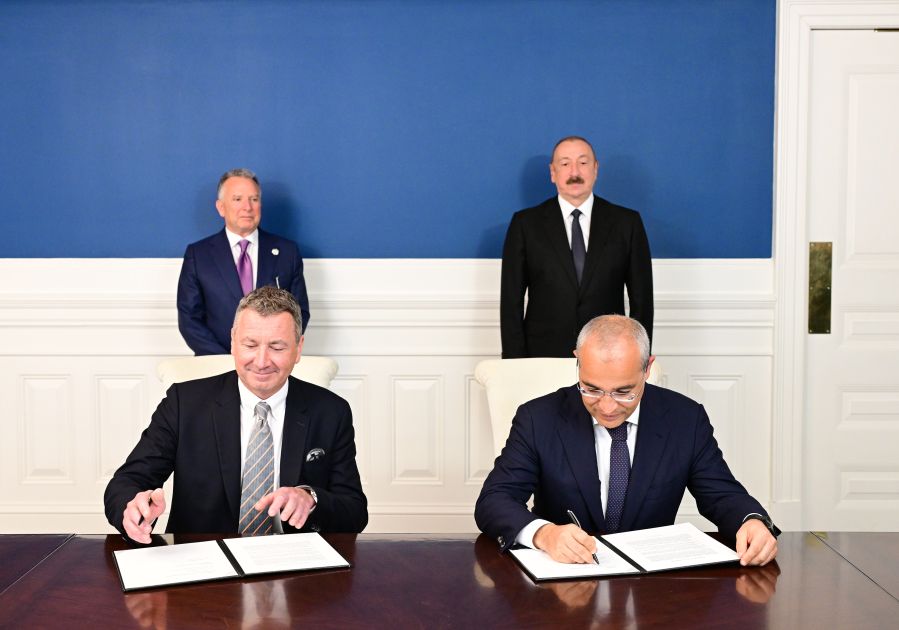ExxonMobil–SOCAR agreement signals US economic anchoring in South Caucasus

On August 7, President of the Republic of Azerbaijan Ilham Aliyev met with U.S. President’s Special Envoy Steve Witkoff in Washington. Prior to the meeting, a “Memorandum of Cooperation” was signed between the State Oil Company of the Republic of Azerbaijan (SOCAR) and ExxonMobil in the presence of President Ilham Aliyev and Special Envoy Steve Witkoff.

The document was signed by Mikayil Jabbarov, Minister of Economy of the Republic of Azerbaijan, and John Ardill, Vice President of ExxonMobil. Following the signing ceremony, President Ilham Aliyev and the U.S. President’s Special Envoy held a bilateral meeting.
Economist Eldaniz Amirov shared his perspective on Azernews, regarding the significance of the development, noting that the timing of the ExxonMobil–SOCAR memorandum carries strategic weight.
Why did the ExxonMobil and SOCAR Memorandum come to the fore at such a heated moment?
I believe that the US is anchoring its “anchor” company in the Caucasus in advance. Because economic participation in the South Caucasus should be concluded not only with diplomacy, but with real business commitments. ExxonMobil is already a significant player in the system, holding a 6.8% stake in Azeri-Chirag Gunashli (ACG) and a 2.5% stake in Baku-Tbilisi-Ceyhan (BTC). The new agreement takes this presence to the next stage.
We must not forget that as soon as the political risk decreases, a significant capital flow will likely return to the region. The Zangazur corridor is not just a way to and from. It is an artery of transport, energy and digital communications. Therefore, this agreement may be a message of 'a major player is coming' for the economic filling of this corridor with the mediation of the US.
Let us take into account that the ExxonMobil–SOCAR onshore exploration and production agreements announced back in June were aimed at keeping Azerbaijan’s production stable. Now, this memorandum in Washington further strengthens the political support of that line.
At the same time, this corridor is not only for the connection with Nakhchivan, but also makes the transmission of Central Asian multi-profile energy resources through the Caucasus realistic. Because the Zangazur corridor will be a strategic transit corridor that will be internationalised.
On the other hand, signing a peace document in Washington would be purely symbolic for the US. But the US wants to leave a practical economic mark in the Caucasus. The ExxonMobil–SOCAR Memorandum, announced a day before peace, is a technical step that formalises the US economic stake in the regional game and has a devastating effect on the Moscow–Tehran line.
And finally, these processes are the processes that put Baku on the post-peace fast lane."
Here we are to serve you with news right now. It does not cost much, but worth your attention.
Choose to support open, independent, quality journalism and subscribe on a monthly basis.
By subscribing to our online newspaper, you can have full digital access to all news, analysis, and much more.
You can also follow AzerNEWS on Twitter @AzerNewsAz or Facebook @AzerNewsNewspaper
Thank you!

